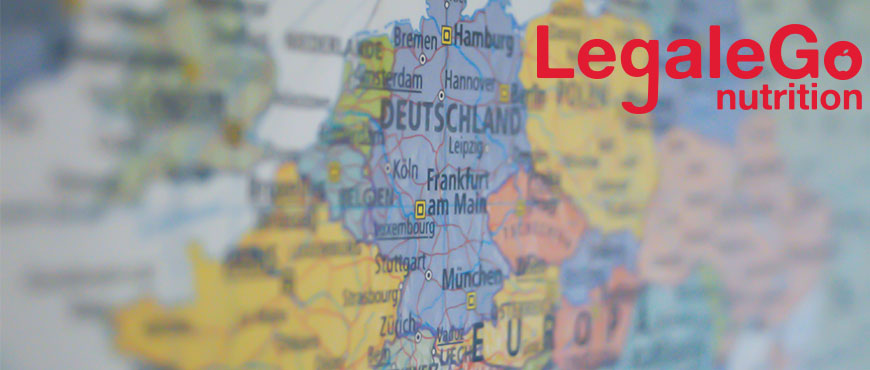
Differences in food supplements legislation in the EU
Each European State establishes its own legislation food supplements.
In the absence of the development of food supplements legislation in the EU, many European states are updating their national regulations.
The main regulatory development on food supplements legislation in the EU is occurring at the level of addition plant species and other substances allowed in its composition.
The most important initiative in the aspect of legislation on plants and botanical species allowed in food supplements legislation in the EU is the BELFRIT project, promoted by the countries Belgium, France and Italy.
With this project, it is intended to prepare a large document or list that collects plant species, their parts used and/or mode of preparation allowed in food supplements.
Although at the beginning it was only these three countries that united their efforts to try to harmonize the use of plant species, many are the states that have been added and that little by little are joining this great draft of food supplements legislation in the EU.
Apart from Italy, Belgium and France that have already incorporated the BELFRIT list into their national legislation almost entirely, Germany has developed a very extensive guideline. This document makes a large classification of botanical species and groups them as allowed, prohibited or restricted. For now it is only a guide and not part of its national regulations.
Similarly, and based on this German guide, Switzerland has developed a new Regulation that includes a negative list of plants and a positive list of nutrients other than vitamins and minerals. It is set for some of them up to maximum levels in its legislation food supplements in the EU.
France, for its part, is also immersed in a draft Regulation to regulate the addition of other ingredients to food supplements, an important fact that almost no country currently has.
In this sense, the Czech Republic and Norway are also progressing little by little by developing draft decrees or amendments in their legislation, food supplements, respectively, as regards the addition of nutrients for physiological and/or nutritional purposes and botanical species to food supplements.
Poland, likewise, has updated the limits on vitamins and minerals that are marketed in its country.
With all this regulatory development of some European countries, we can market food supplements in Spain with substances other than those allowed in Spain in accordance with the principle of mutual recognition. This principle allows the free movement of products and services in the European Union without the need to harmonize national laws.
If in other countries of the European Union food supplements based on plant species and other substances for nutritional or physiological purposes are harmonized and regulated, in Spain a distributor or manufacturer of food supplements may notify and market products based on these substances accrediting the marketing in this other Member State by application of that principle.
In that case, the distributor or manufacturer may previously notify the product in a country that by its national regulations allows such composition. If this is the case, apart from taking into account the different advances in food supplements legislation in the EU, there are also differences between them in the fees for notification or in the procedure they have established for this.
Thus, for example, the United Kingdom, France, Germany and Portugal do not set fees for this concept and have different procedures to be able to make notifications by providing company data, product, composition and labeling.
On the other hand Belgium has established a fee of 180 euros per product allowing the same form and rates on the flavors of a product that differ only in the aromas they contain. Once the product is notified, it takes approximately 3-4 weeks to evaluate all the information and documents provided after which, they issue a report assigning a registration number in case of positive evaluation, or a negative report with the reasons for rejection and possibility of error correction, and informing of the non-acceptance of the notification.
Italy for its part has stipulated a fee of 160.20 euros per notification and takes about 90 days to resolve. After the positive resolution of the notification, the product together with its manager are incorporated into a national database of notified food supplements, which is a public consultation for all operators in the sector and in general any person interested in knowing this information.
From LegaleGo Nutrition as a food safety consultancy, we analyze each distributor or manufacturer and the product that you want to introduce in the Spanish market, to, if necessary, advise you on the notification of the country that most interests you according to the food supplements legislation in the EU.






